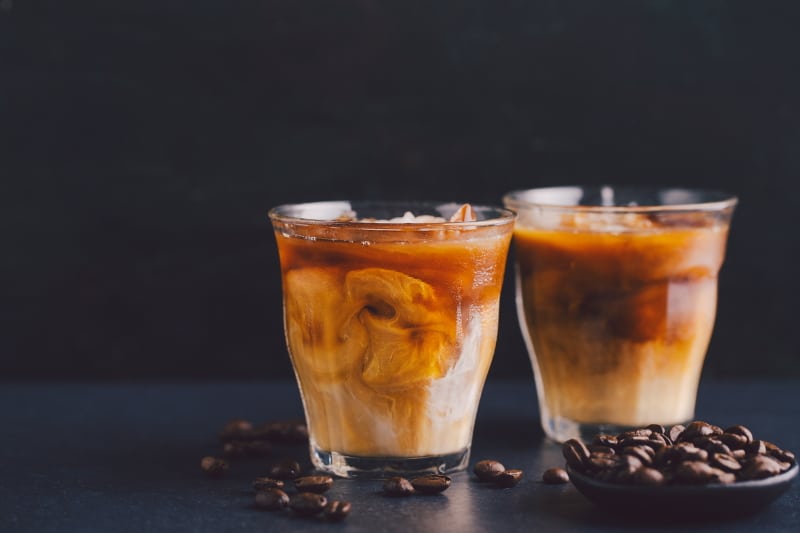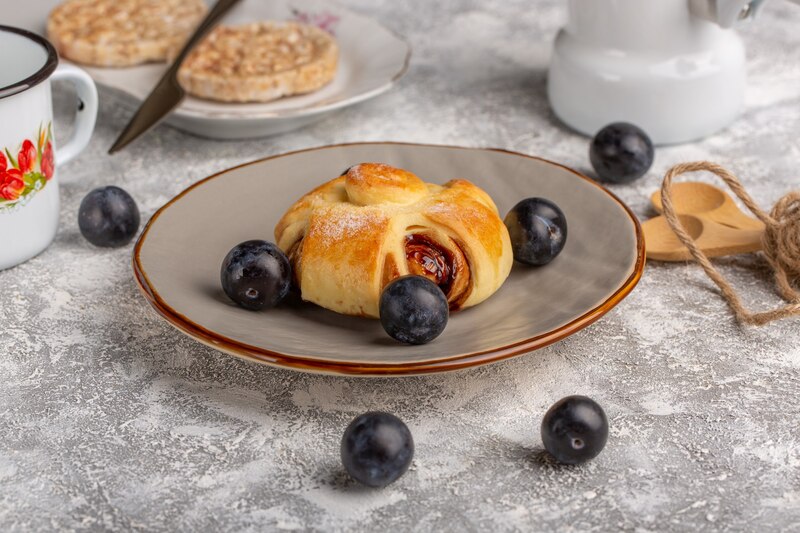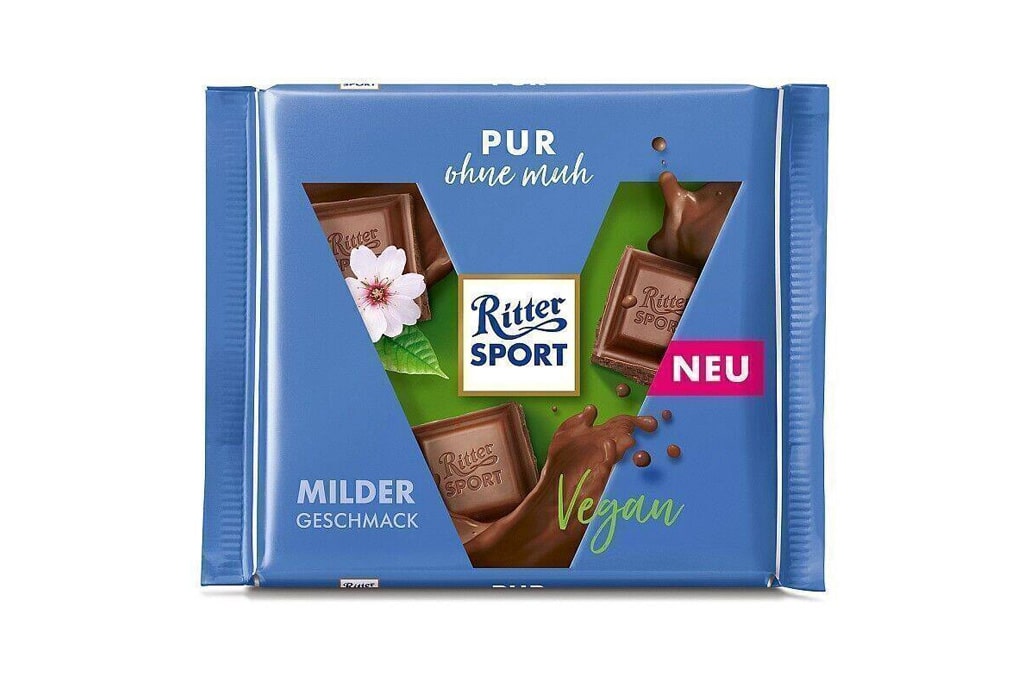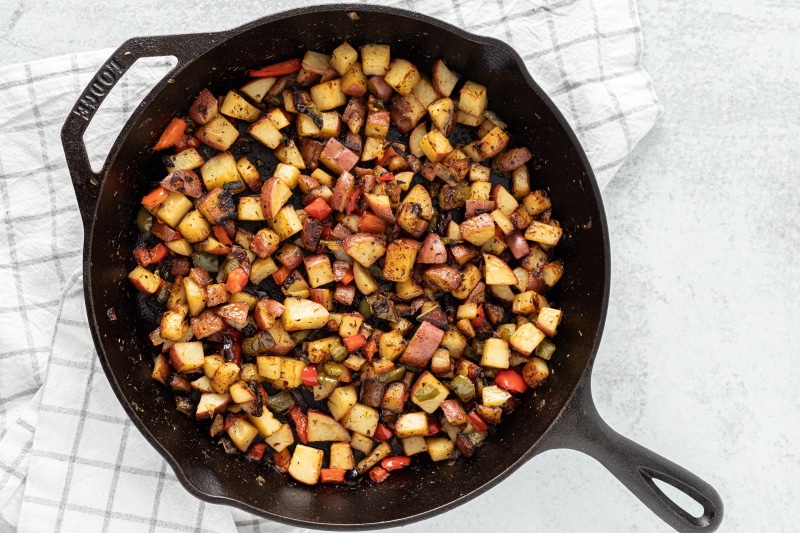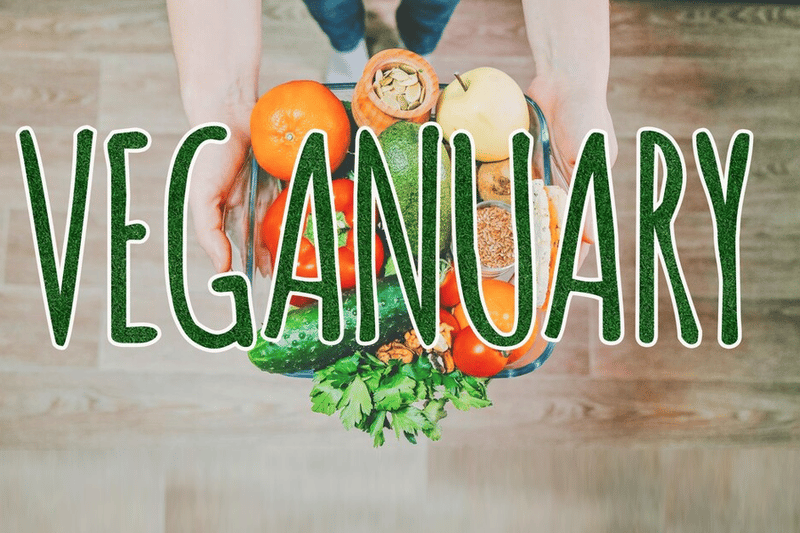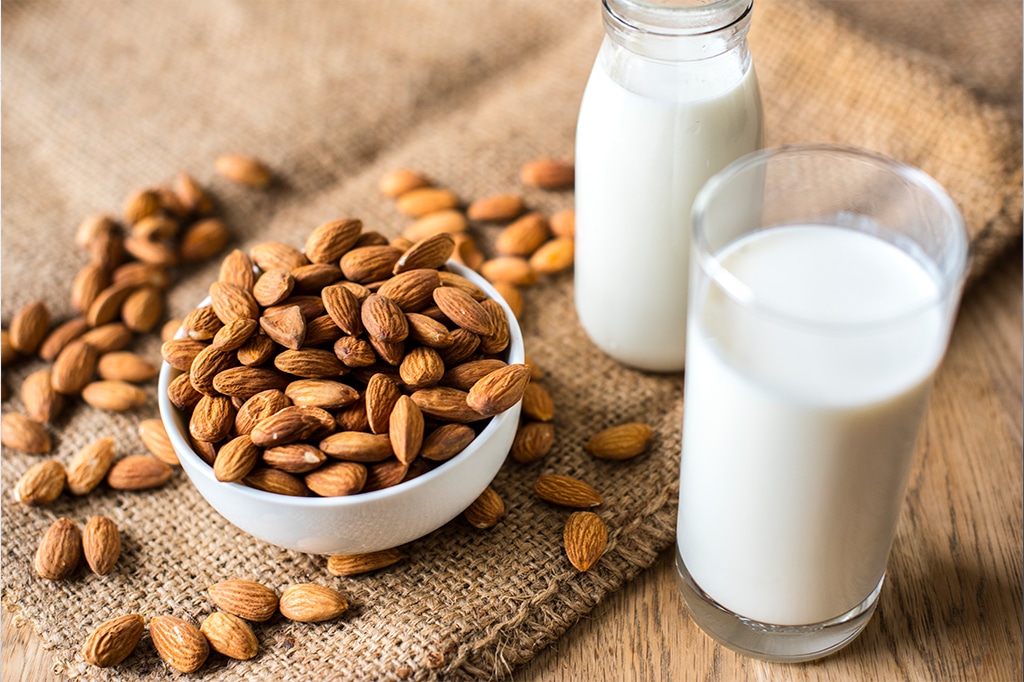Most of us wouldn’t be able to start our days without a cup of coffee. It’s a ritual, whether it’s from your neighborhood café or percolated and poured into your favorite cup. The oat milk generation has here, but a sweeter and creamier option is on the rise: non-dairy creamers.
According to the worldwide agency Market and Research Biz, it is estimated to be valued at roughly $7 billion by 2025.
But what exactly are non-dairy creamers? Are they vegan – and, more importantly, are they healthy?
Non Dairy creamers, often known as tea or coffee whiteners, have been around since the 1950s. Despite their name, they are not usually vegan-friendly.
What are the ingredients in non-dairy creamers?
Non Dairy creamers are often made with corn syrup, vegetable oil, lecithin, sweeteners, and flavorings. They are available in liquid or powder form.
Vegan versions include considerably more nutrient-dense components, such as natural sugars, chocolate, almonds, and coconut. A sweetener, such as sucralose or cane sugar, is frequently one of the first components.
Coconut milk is squeezed and dried before being finely crushed into a powder and mixed with other components in coconut-based creamers. Other ingredients include Xantham Gum, which is generated from sugar and is used as a thickening.
While many customers mistake dairy-free with plant-based – as is often the case – not all non-dairy creamers are vegan.
When the goods originally became available, they were intended to replace milk or cream. Furthermore, they concentrated on being low in calories and fat while having a long shelf life.

Non-vegan components to avoid in non-dairy creamers
As a result, some non dairy creamer manufacturers continue to employ animal-derived components such as casein — a protein present in cow’s milk. It is generally referred to as sodium caseinate and is used to produce a white hue.
Nestlé’s Coffee-Mate is an early example of a non-dairy creamer icon.
Whey, a byproduct of cow’s milk, is another non-vegan component.
While the term is misleading, non-dairy creamers that aren’t vegan can nevertheless be labeled as dairy-free. This is because the Food and Drug Administration does not yet have a regulated definition for the word (FDA). This implies that dairy-free items containing milk derivatives can be labeled.
Lecithin, a lipid present in both eggs and soybeans, is another component commonly found in non-dairy creamers. However, if lecithin is derived from soy, it is frequently labeled as such.
Dairy free labeling
Non-dairy creamers provided a method to brighten up black coffee for those who were lactose intolerant or allergic to lactose. This serves a substantial segment of the world population, particularly in many Asian nations where lactose consumption is lower in traditional diets.
Furthermore, according to the British Nutrition Foundation, lactose intolerance owing to low levels of the lactose enzyme range affects between 15 and 75 percent of the population in European countries.
However, to accommodate vegans, the market has now grown, and a variety of vegan non-dairy creamer alternatives are now available.
Are non dairy creamers good for you?
Non Dairy creamers were developed to replace other dairy products, such as double cream, which have been linked to health issues such as cancer and heart disease.
However, this does not always make them healthier, as many of them include additional sugars.
The fructose-rich corn syrup often found in non-dairy creamers, for example, may raise the risk of developing type 2 diabetes and high blood pressure.
Furthermore, the sweeteners used in non-dairy creamers have questionable health hazards.
Sweeteners
Several scientific research has produced mixed results about whether non-sugar sweeteners (NSS) often used in non-dairy creamers are preferable to simple sugars present in fruits, such as fructose and glucose.
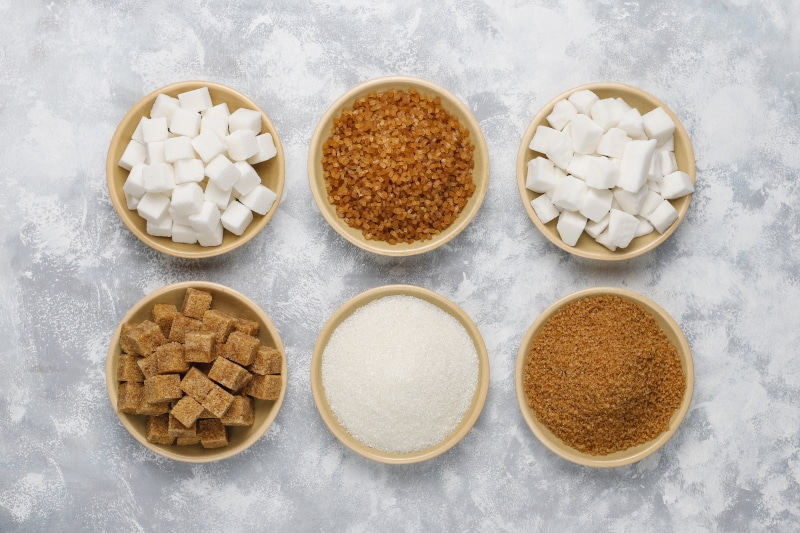
NSS, sometimes called artificial sweeteners, are typically sweeter but have fewer calories. This contributes to the decreased calorie content of many non-dairy creamers.
Academics disagree on the health dangers of certain artificial sweeteners.
The FDA has authorized a small number of NSSs, but others have been found hazardous.
According to the peer-reviewed British Medical Journal, there is little known about the possible hazards associated with taking them.
However, nonsignificant variations in body weight were discovered in controlled research analyzing the different health effects of ingesting either NSSs or simple sugars. Furthermore, self-reported energy levels and the chance of acquiring cancer were shown to be related.
Dr. Michael Greger, a vegan doctor, cautions against non-calorie sweets.
This is because they may encourage people to overeat and acquire weight. He says that this is due to brain messages sent when we experience sweetness. However, due to their low-calorie content, we are unable to slow down in the same manner that we do when tasting simple sugars.
However, not all non-dairy plant-based creamers contain artificial sweeteners.
Laird Superfood, Inc., for example, sells a line of Superfood Creamers that incorporate cacao and turmeric.
“Many foods are very over-processed, and highly modified to take the crucial natural balance out of the meals that are critical for our bodies to detect and process them effectively,” the firm stated in a statement issued to VeganBay.
“To genuinely make a difference, you want minimally processed or whole food plant-based items.”
The 5 greatest non dairy vegan creamers
Here are our favorite eleven vegan-friendly non-dairy creamers:
1. The Laird Superfood
Laird Superfood, Inc. is a market leader in vegan non-dairy creamers due to its extra nutritional advantages.
The company promises to be keto-friendly, and several of its products contain chocolate and turmeric. Chocolate Mint and Pumpkin Spice are two other flavors.
2. Milkadamia
These non-dairy creamers promise ‘billowing clouds’ of creamy smoothness. Milkadamia milk, sunflower oil, and coconut cream are the main components.
Furthermore, varieties such as Vanilla, Unsweetened Vanilla, Cinnamon, Chai, and Unsweetened are available.
3. Coconut Cloud
Coconut Cloud Creamers by Coconut Cloud is made with natural flavors and powdered coconut cream. Happy Brain Coffee was founded on the idea of providing the brain with healthy lipids.
These creamers include more calories than others on the market, ranging from 40 to 70 per serving depending on the taste.
In addition, it may be used in place of coconut milk in recipes.
4. Silk
Silk, a Danone-owned plant-based dairy brand, offers three distinct creamers.
They’re called Almond Milk, Oat Yeah, and Soymilk, and they come in a variety of tastes including Toasted Hazelnut and Creme Brulee.
Silk also sells Oat Yeah oat milk in Cookie One and Vanilla varieties, which is an extra creamy oat milk creamer that promises to ‘froth like a boss.
5. Unicreamer
Unicreamer, a vegan brand, features only three ingredients: pea protein, coconut-derived MCT oil, and sunflower lecithin.
Its flavors include Hazelnut, Mocha, and Unsweetened Original – all of which claim to be good for anybody following a keto diet.

